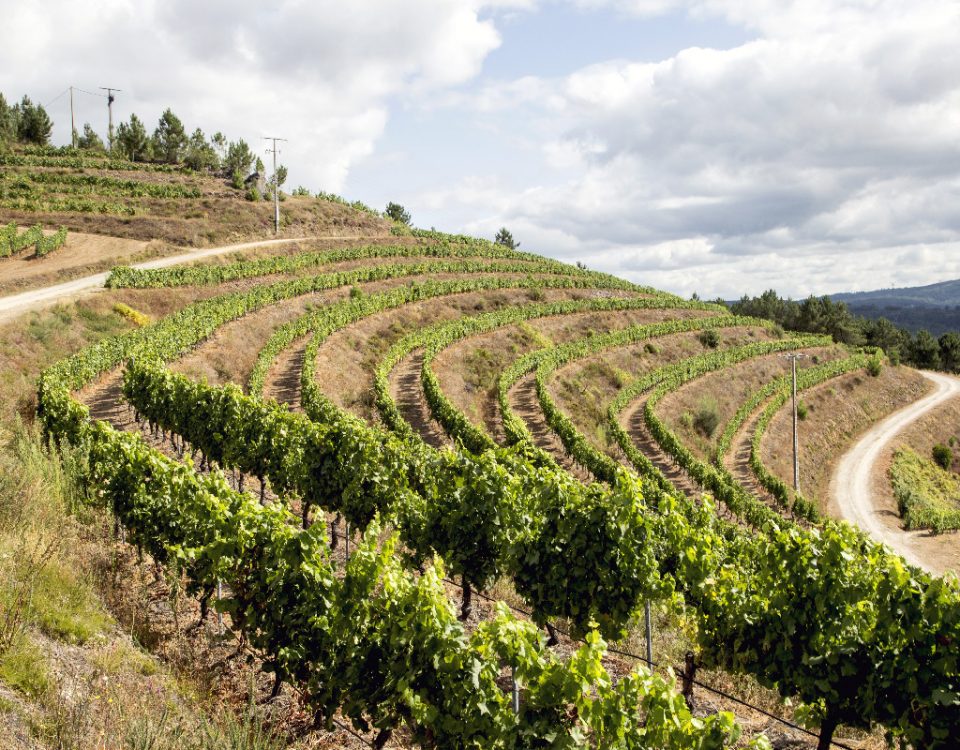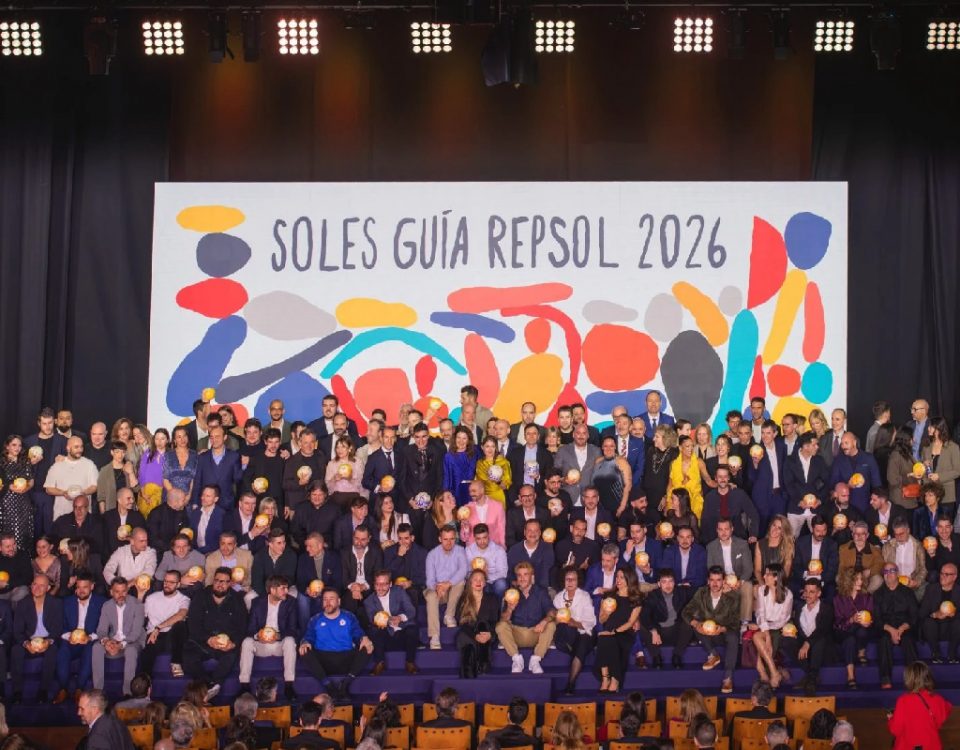- El mejor turismo de galicia
Tourism of Galicia reinforces its collaboration with AGAN for the promotion of two new coastal projects
Tourism of Galicia reinforces its collaboration with AGAN for the promotion of two new coastal projects
The aim is to continue advancing in the positioning of Galicia as a nautical tourism destination of international reference.
Tourism of Galicia, Portos de Galicia, AGADER and the Galician Association of Nautical Activities (AGAN) signed a collaboration agreement for the implementation of two new coastal projects that enhance the value of maritime and river resources of Galicia, contributing to position Galicia internationally as a reference point for nautical tourism.
These are the European projects Ecodestin_3In and Capiten, in which the regional government, through Tourism of Galicia and the Ministry of Rural Affairs, and the nautical sector are allied with a collaboration agreement until 2020 signed by Tourism of Galicia and Agader with AGAN. Through Ecodestin_3IN, Galicia seeks to consolidate itself as a nautical destination 365 days a year through the creation, promotion and marketing of 50 new products linked to the culture of the sea, recreational boating and the natural heritage of the Galician Community. Among these products the star is the Coastal Mini-Cruzers in the Rias de Galicia, in operation since last year, in which more than 4,000 people will participate in the different trips planned until October.
The second of the projects, Capiten -which also includes 18 partners from France, the United Kingdom, Ireland, Spain and Portugal-, promotes the creation of the Nautical Cluster that will work to convert Galician ports into tourist information points, attract new national and international tourists to Galicia and extend the experience of the Coastal Mini-Cruises along the Rías to the north of Galicia.
This second European project has its framework of action in the provinces of Lugo and A Coruña, where it is intended to implement coastal cruises or small cabotage, similar to the mini-cruises that are already operating in the Rias Baixas.









